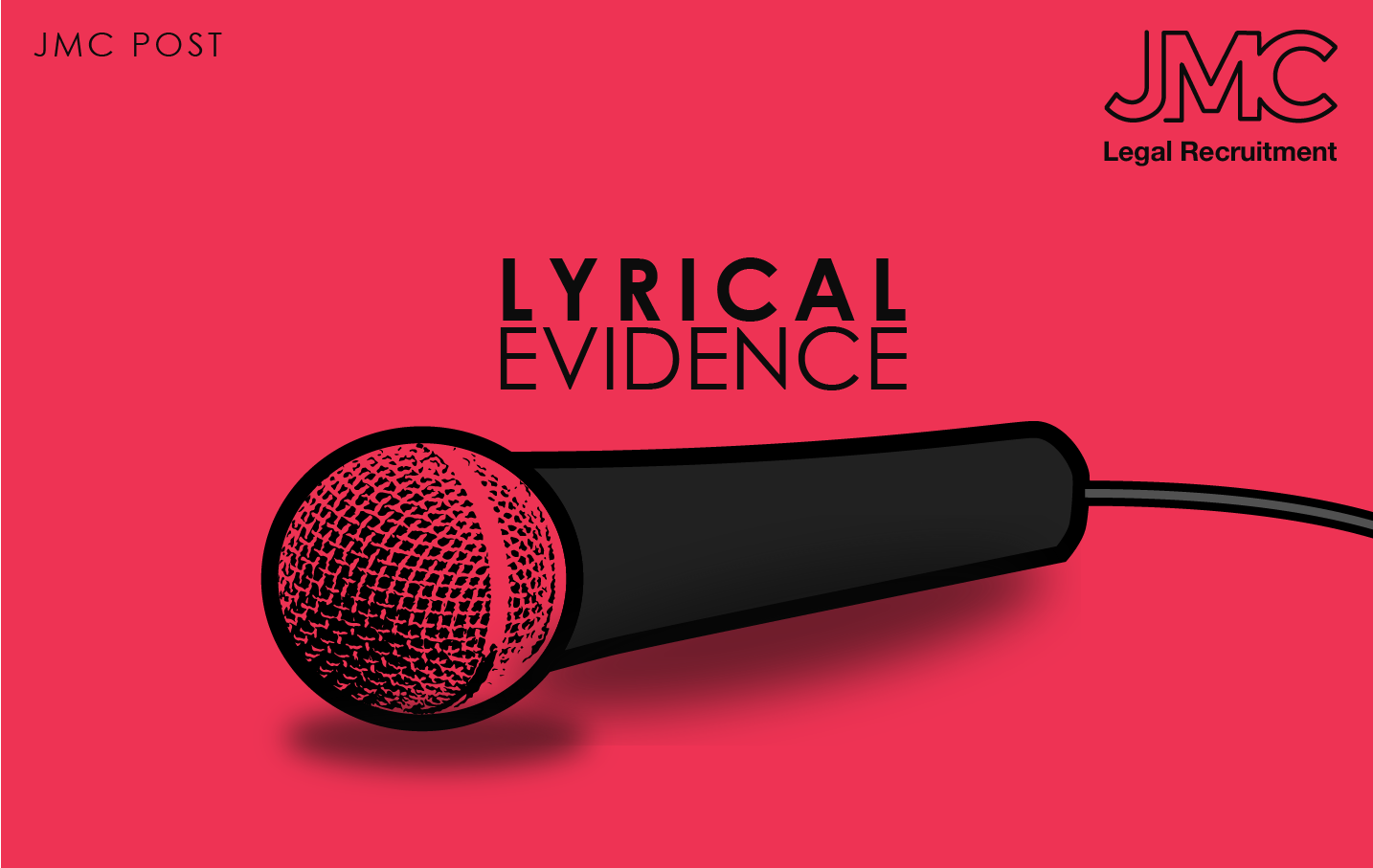
Lyrical Evidence
16 May, 20235 Mins
Are you confessing to a crime against the police if you record a version of Bob Marley’s song, ‘I Shot the Sheriff’?
Sounds ridiculous, right?
But in courtrooms across the U.S, rap lyrics written by a defendant have been introduced as incriminating evidence in hundreds of cases. And prosecutors in the UK have used drill lyrics as evidence that defendants embraced a culture of violence.
The issue is that the most common song genre being introduced as evidence of a crime is rap. Multiple studies have shown that associating defendants with rap music creates a strong negative bias in jurors.
One paper tested this theory by presenting different groups with a set of identical lyrics. Each group were told the lyrics were from a different genre of music, including heavy metal, folk and country, as well as rap. The group told that the lyrics were rap music marked the lyrics as more literal, offensive, and in greater need of regulation to a much greater degree compared to the other genres.
Participants also evaluated rap lyrics in a trial context and results revealed that those who believed a defendant was guilty were more likely to treat rap lyrics as a confession of guilt.
California is launching new restrictions on all lyrics being introduced as evidence, acknowledging that rap lyrics, unlike lyrics from other music genres, create a substantial prejudice risk.
Does that mean song lyrics should never be used as evidence of a crime confession? No. But there should be a very strong case for doing so.
And surely no-one should be convicted based on rap lyrics alone.



